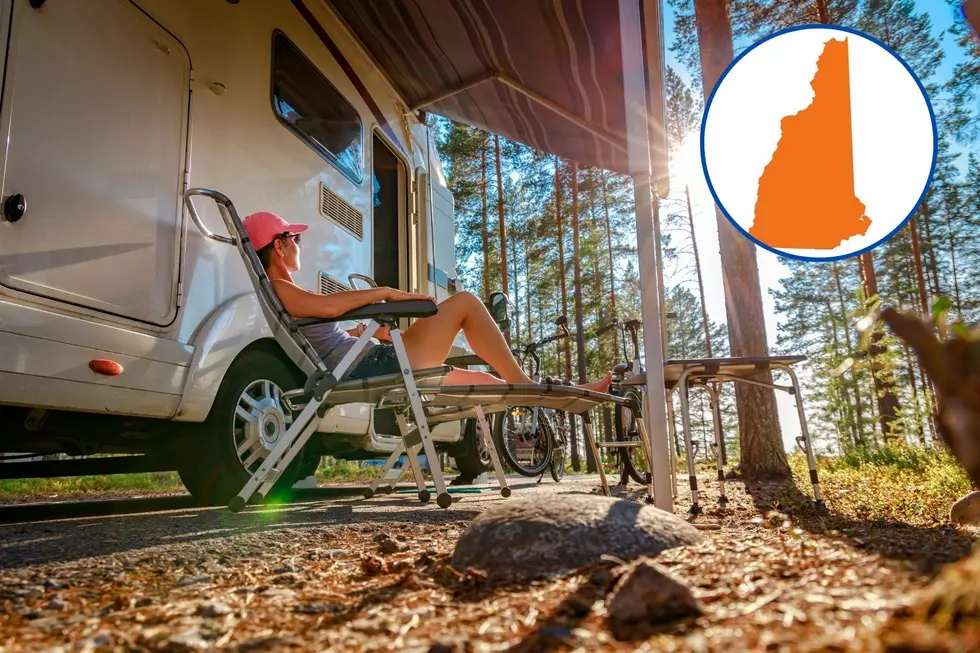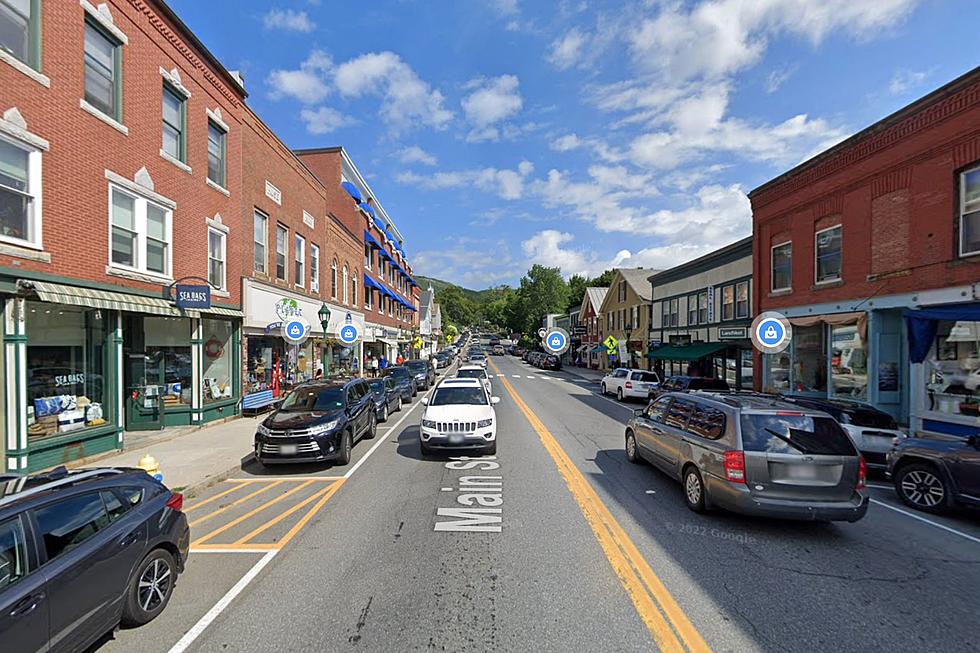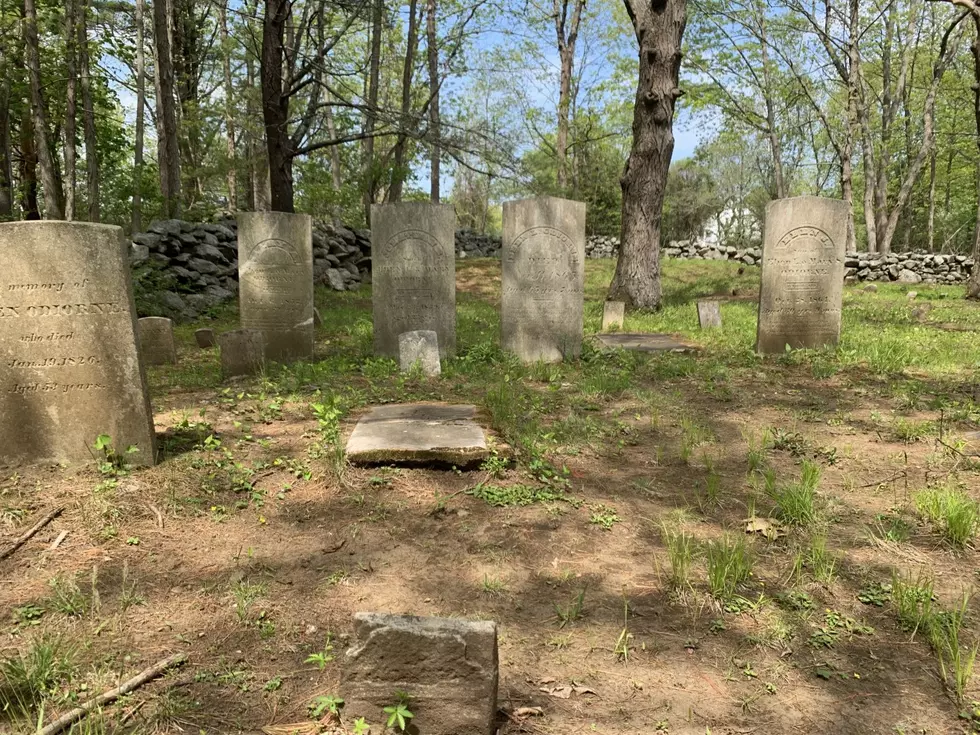
Can you Legally Live in an RV on your Property in New Hampshire?
Editor's note: This article was written by a Townsquare Media Northern New England contributor and may contain the individual's views, opinions or personal experiences.
Camping is huge in New Hampshire and Northern New England in general! Families come from far and wide to enjoy a sweet escape in our fantastic campgrounds.
Some folks prefer a more "one with nature" traditional approach to camping, with a tent, sleeping bag, etc. But if you can swing it, I think an RV is the way to go. You can still enjoy mother nature and her beautiful bounty, but at the end of the day, you get to close a real door and know you are not going to be a midnight snack for a family of bears. Plus some are really tricked out with TVs, fireplaces, surround sound systems and more.
With the housing market as crazy as it is, do you think buying some land and parking an RV on it would be more affordable?
In New Hampshire, there are tons of factors in play, from winterization to town ordinances, waste and water disposal, etc.
Can You Live in an RV Year-Round in NH?
If you are wondering if it's legal, the answer isn't a simple "yes" or "no". Let's unpack it, shall we?
It Varies From Town to Town
Certain towns in New Hampshire don’t allow a metal house. The house must be constructed of wood construction and have electric, water, and septic. Durham has those regulations, as do many other southern New Hampshire towns. The further up north you go, the more lax they are with these regulations.
Many New Hampshire towns only allow parking an RV on an unimproved lot and in an area zoned for "trailer park" or "campground", or while you're actively building a home (with a one year maximum).
According to the New Hampshire subreddit group, Woodstock, Dalton, Lisbon, Landaff, Danbury, Wilmot, Rumney, do not forbid full-time RV living. Just to be safe, check with your town.
Let's Talk About Waste
According to Bikehike.org, regardless of whether a town has zoning or not, any dwelling that has running water inside that is not connected to public sewer must have a state-approved waste water disposal system. New installations of holding tanks (no return of water to the ground) are not authorized, and outhouses, if allowed, are governed locally.
Winterization is Pricey and Takes Some Work
Some folks on the New Hampshire Facebook page said they tried to insulate their RV's/campers for the winter, but still went through exponential amounts of oil. Some wrapped their RV's in pink insulation board and put clear vinyl over the windows, and that worked like a charm.
The moral of the story: if you want to live permanently in an RV, New England might not be your best option. Some Youtube guy named the "nomadic fanatic" said New England was one of the most unfriendly places for RV's.
According to bikehike.org, the best states for full time RV living are Florida, Texas, and California.
Solar-Powered New Hampshire Yurt Looks Like a Hobbit House of Natural Wonder
These Are the Median Home Prices Per County in New Hampshire
More From Seacoast Current








